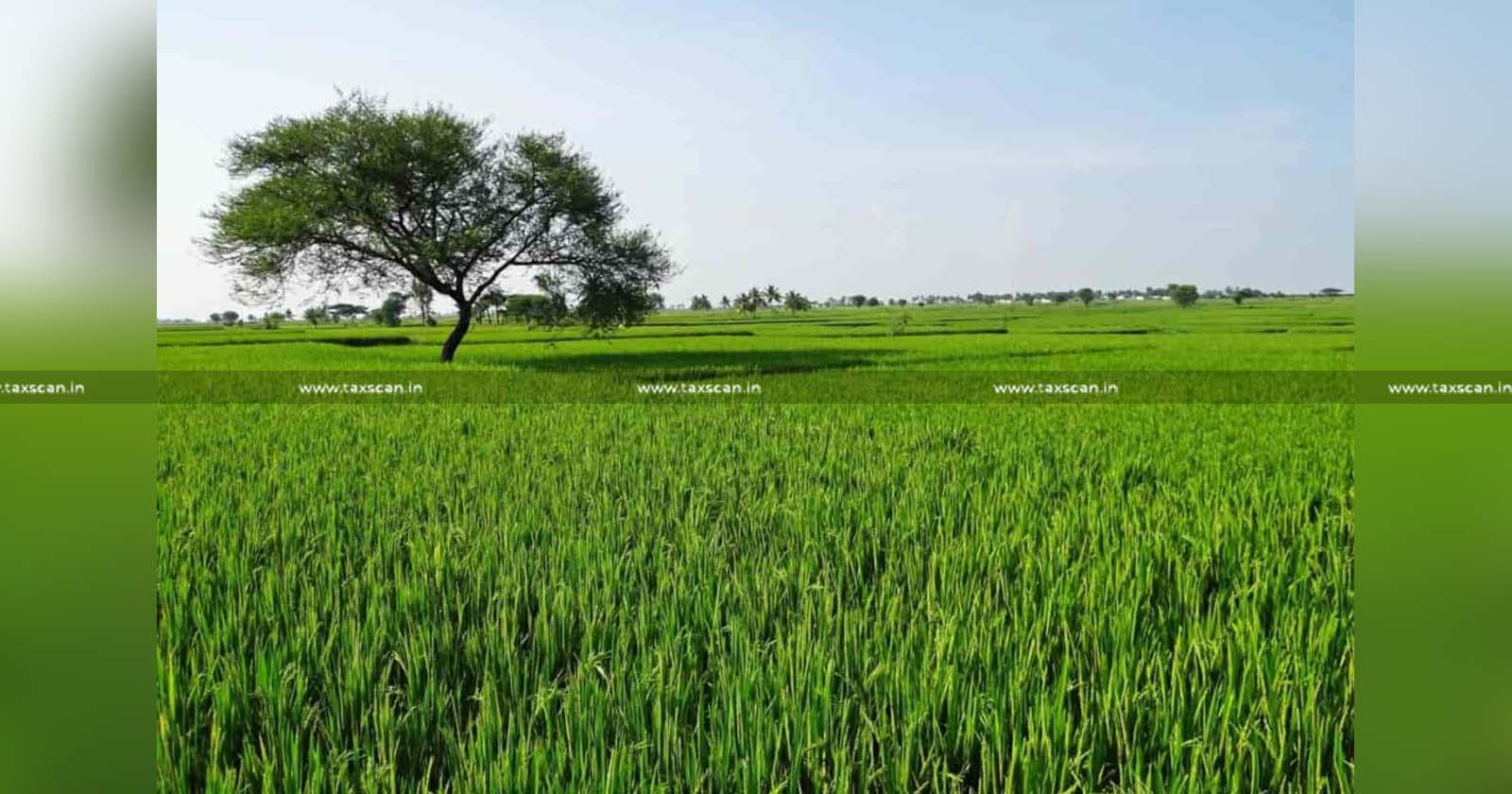Failure of AO to Examine Purchase of Land by Assessee as per Section 56(2)(vii)(b) is Prejudicial to Revenue's Interest: ITAT upholds Revision order u/s 263

The Income Tax Appellate Tribunal (ITAT), Ahmedabad Bench, has recently, in an appeal filed before it, while upholding the revision order under Section 263, held that failure of AO to examine purchase of land by the assessee, as per Section 56(2)(vii)(b), is prejudicial to the Revenue’s interest.
The aforesaid observation was made by the Ahmedabad ITAT, when an appeal was preferred before it by the Assessee, as directed against the order passed by the Principal Commissioner of Income-Tax, Ahmedabad, [PCIT], dated 10.03.2021, in exercise of his revisionary powers under Section 263 of the Income ax Act, 1961, for the Assessment Year 2015-16.
The grounds of the assessee’s appeal being that the Pr. CIT has erred in law in assuming jurisdiction under section 263 of the Income Tax Act, on the ground that no inquiry has been conducted for the purchase of property by the assessing officer while passing order under Section 143(3) of the Income Tax Act , and also that the Pr. CIT has erred in law in assuming jurisdiction under Section 263 of the Income Tax Act as the impugned assessment order is neither erroneous nor prejudicial to the interest of revenue, the brief facts of the case were that revisionary power was exercised by the PCIT, pertaining to the non-invocation, by the Assessing Officer, of Section 56(2)(vii)(b) of the Income Tax Act, to the transaction of immovable property, being land, purchased by the assessee as a co-owner along with other two persons.
The contention was that the property was purchased for a sum far below its stamp duty value and thus warranted the addition to be made to the income of the assessee of the amount short paid as compared to its stamp duty value, as per the provisions of Section 56(2)(vii)(b) of the Income Tax Act.
The Assessing Officer having not invoked the said section, the assessment order passed by him therefore was found to be erroneous and prejudicial to the interest of the Revenue by the PCIT.
Shri Mehul Thakkar, AR, the Counsel for the assessee, relied on the above facts to state that the AO had made due inquiries relating to the issue of purchase of property by the assessee during the year and therefore that the PCIT could not have held the assessment order passed as erroneous on account of non-inquiry by the AO of the impugned issue.
On the other hand, Shri Sudhendu Das, the CIT-DR, on behalf of the Revenue, strongly supported the orders of the authorities below.
Hearing the opposing contentions of both sides and thereby perusing the materials available on record, the ITAT observed:
“The Assessing Officer had clearly not examined the applicability of section 56(2)(vii)(b)in the light of the above facts and therefore, it was a clear case of error in the order of the Assessing Officer. It is not the case of the assessee that the stamp duty value taken by the Ld. PCIT was incorrect. Therefore, based on the facts before him, the Ld. PCIT had rightly found the non-examination of the issue of purchase of land by the assessee in the light of provisions of Section 56(2)(vii)(b) of the Act was an error in the order of the Assessing Officer causing prejudice to the Revenue and accordingly had set aside the assessment order to the Assessing Officer to examine this aspect after giving due opportunity of hearing to the assessee and in accordance with law.”
“It cannot be said in the light of these facts that the Ld. PCIT himself was not convinced whether the provisions of Section 56(2)(vii)(b) of the Income Tax Act were applicable in the facts of the present case. On the contrary, the facts before him revealed that the provisions of Section 56(2)(vii)(b) of the Act were clearly applicable and accordingly in all fairness he had restored the issue to the Assessing Officer to give a fair and proper hearing to the assessee on this issue before making any addition to his income on this count”, the coram of T.R Senthil Kumar, the Judicial Member, and Annapurna Gupta, the Accountant Member added.
Thus, the Ahmedabad ITAT finally held:
“In view of the above, we hold that there is no infirmity in the order of the Ld. PCIT passed under Section 263 of the Act and the appeal of the assessee is liable to be dismissed. In effect, the appeal of the assessee is dismissed.”
To Read the full text of the Order CLICK HERE
Support our journalism by subscribing to Taxscan premium. Follow us on Telegram for quick updates
Asad Fazlurrehman Kagdi vs Principal Commissioner of Income-tax , 2023 TAXSCAN (ITAT) 935 , Shri Mehul Thakkar , Shri Sudhendu Das

